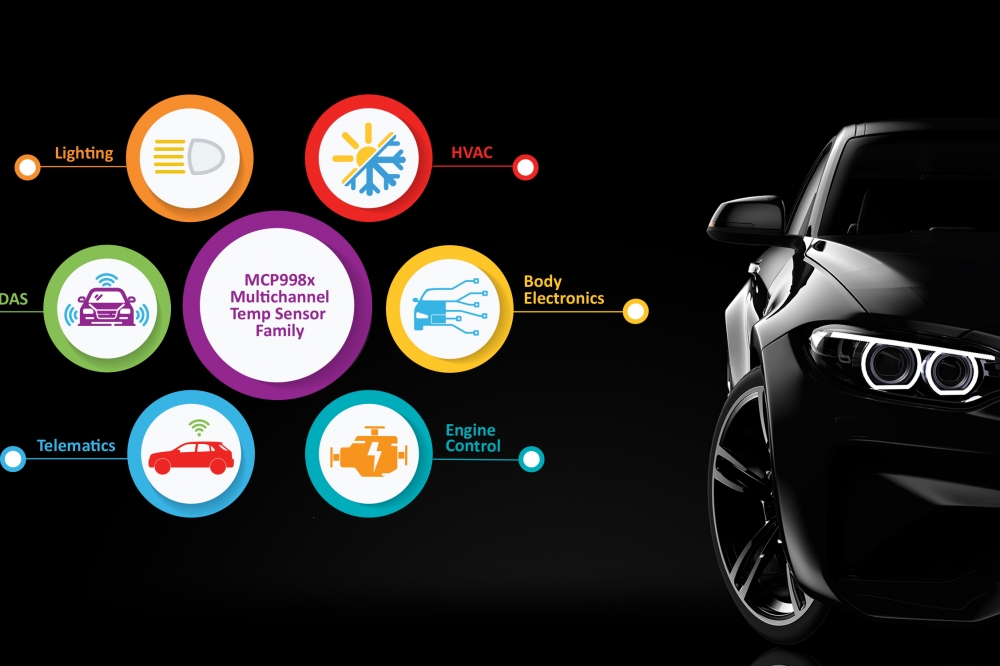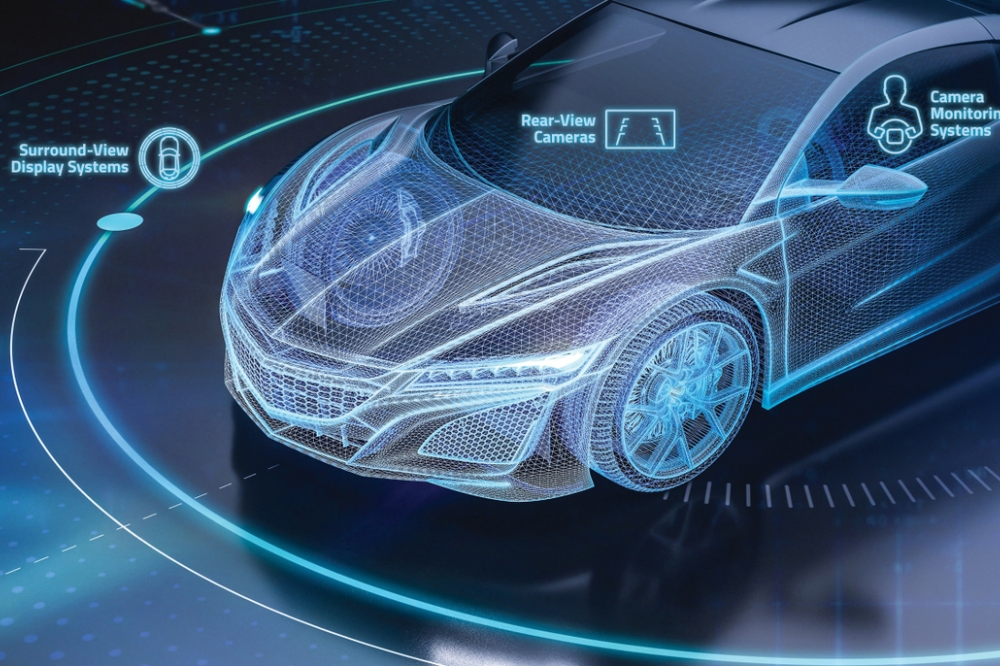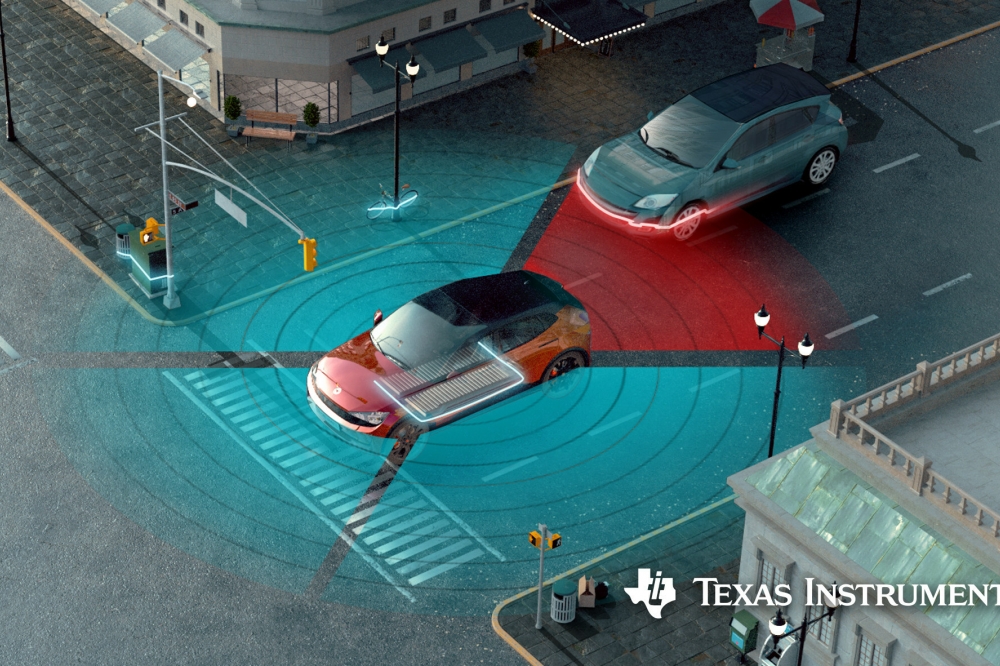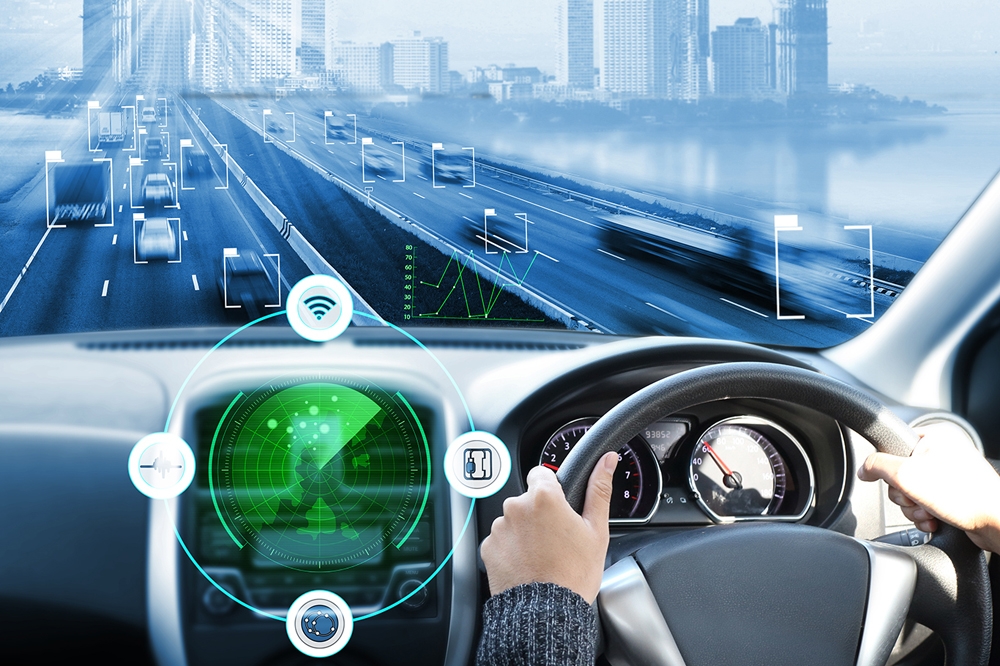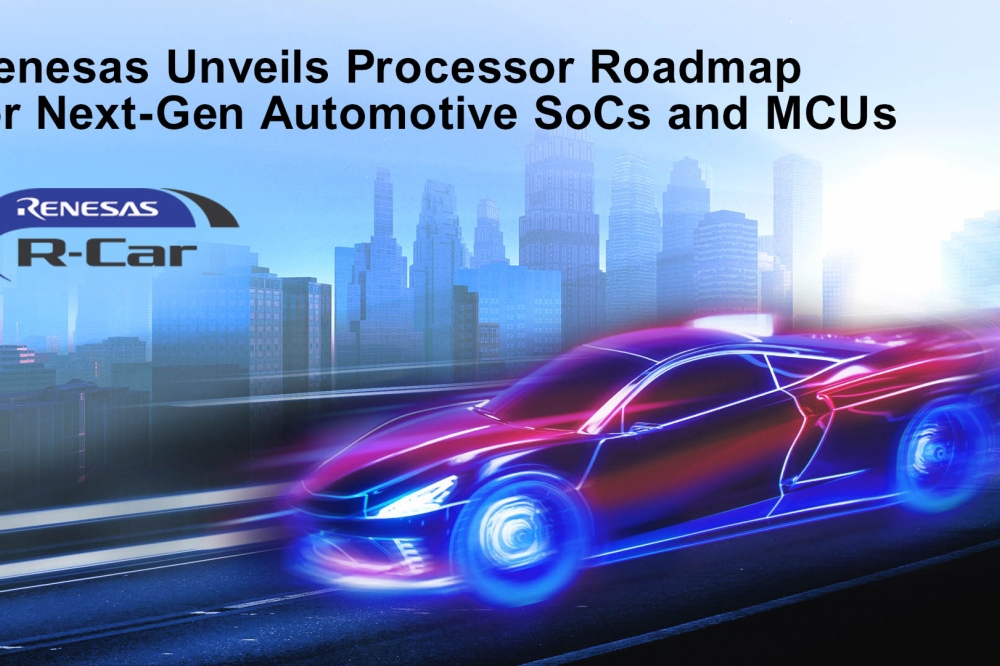Capgemini study reveals the disruptive impact of ride-sharing services

34 percent of consumers see mobility services as an alternative while 56 percent consider it complementary to buying a car
According to a new study of more than 8,000 consumers across eight key markets1 by Capgemini, a global leader in consulting, technology and outsourcing services, more than a third of car buyers (34 percent) now see ride sharing and tap-and-ride services as a genuine alternative to car ownership. While sales of new cars are continuing to grow significantly2, the new data from Capgemini echoes a shift in the strategy of leading manufacturers who are already investing in car-sharing services through launches, acquisitions or partnerships, to adjust to the shifting attitudes of consumers. The 17th Cars Online report from Capgemini, "Beyond the car," also contains good news for the traditional automotive sales model in the face of explosive growth in car sharing and tap-and-ride services. More than half of respondents see car-hailing and ride-sharing services such as Uber, Didi and BlaBlaCar as complementary to buying a new car (56 percent).
Furthermore, the percentage of those who see mobility services as complementary to buying a car increases when looking at younger car buyers aged 18-34 (64 percent) and those based in emerging markets China (77 percent) and India (63 percent). The significance of the investments by major manufacturers in car-sharing schemes is confirmed by the fact that two-thirds of consumers (66 percent) state that car brands are an important factor in their choice of car-sharing programs, indicating that these schemes could become an important part of the new car-sales cycle.
Kai Grambow, Global Head of Automotive at Capgemini, said: "We are currently experiencing a golden age of car sales, however it's clear that this won't last forever in its current form. Car brands are realizing they need to react to changing consumer habits to sustain growth. Becoming leaders in car sharing and the broader mobility space will not just create new revenue streams for car manufacturers, but will also allow brands to raise awareness and establish a new kind of relationship with consumers as they decide on their next model to purchase."
Other key report findings show the broader impact of a rapid rise in technological capabilities and awareness among consumers on purchasing habits:
Autonomous-driving features remain a significant selling point for consumers. With assisted-driving functionality becoming standard on mainstream car models and regular reports of new autonomous-vehicle tests, 81 percent of respondents are willing to pay additional costs for autonomous-driving features.
Cybersecurity has now emerged as a key factor in car purchasing. In 2015, a third of respondents were concerned about cyber security. After further high-profile hacks of automotive platforms, consumers want re-assurance from manufacturers that cars are secure, with over two-thirds of car buyers (68 percent) stating that the "cyber resilience" of a car would influence whether they bought it or not.
Consumer interest in buying cars from tech brands is increasing despite lack of substance. A further 18 months of rumors that Google or Apple will launch cars has seen consumer interest increase from the 2015 study (49 percent), to well over half of consumers (57 percent) who are now open to buying a vehicle from a technology company such as Apple or Google.
Consumer trust of autonomous vehicles is split between established and new players. Given that the tech companies have led many of the public-testing exercises for autonomous vehicles, it's significant that half of consumers (51 percent) would have more trust in car manufacturers producing a car with autonomous capabilities over a technology-firm produced car.
Data privacy concerns are reducing as consumers embrace the connected-device model. Familiarity with other connected devices and the tradeoff between data sharing and greater personalization and better services is changing consumer attitudes to connected cars. The majority of consumers would be willing to share their vehicle data (89 percent) and driver data (76 percent) while the car is connected. For comparison, in the 2015 study, 80 percent of respondents said they would share data freely or with certain restrictions, emphasizing the continuing willingness of consumers to share data.
Demand for digital showrooms is challenging the traditional sales model. No doubt influenced by the continued consumer interest in disruptive technologies and virtual showroom launches from a number of major manufacturers, consumers are demanding alternative methods of finding information through OEMs and dealers, such as virtual reality vehicle presentations (62 percent), live chats (43 percent) and video blogs from customers (36 percent).
Capgemini study reveals the disruptive impact of ride-sharing services
Modified on Tuesday 16th May 2017
Find all articles related to:
Capgemini study reveals the disruptive impact of ride-sharing services


 Add to my Reading List
Add to my Reading List Remove from my Reading List
Remove from my Reading List
